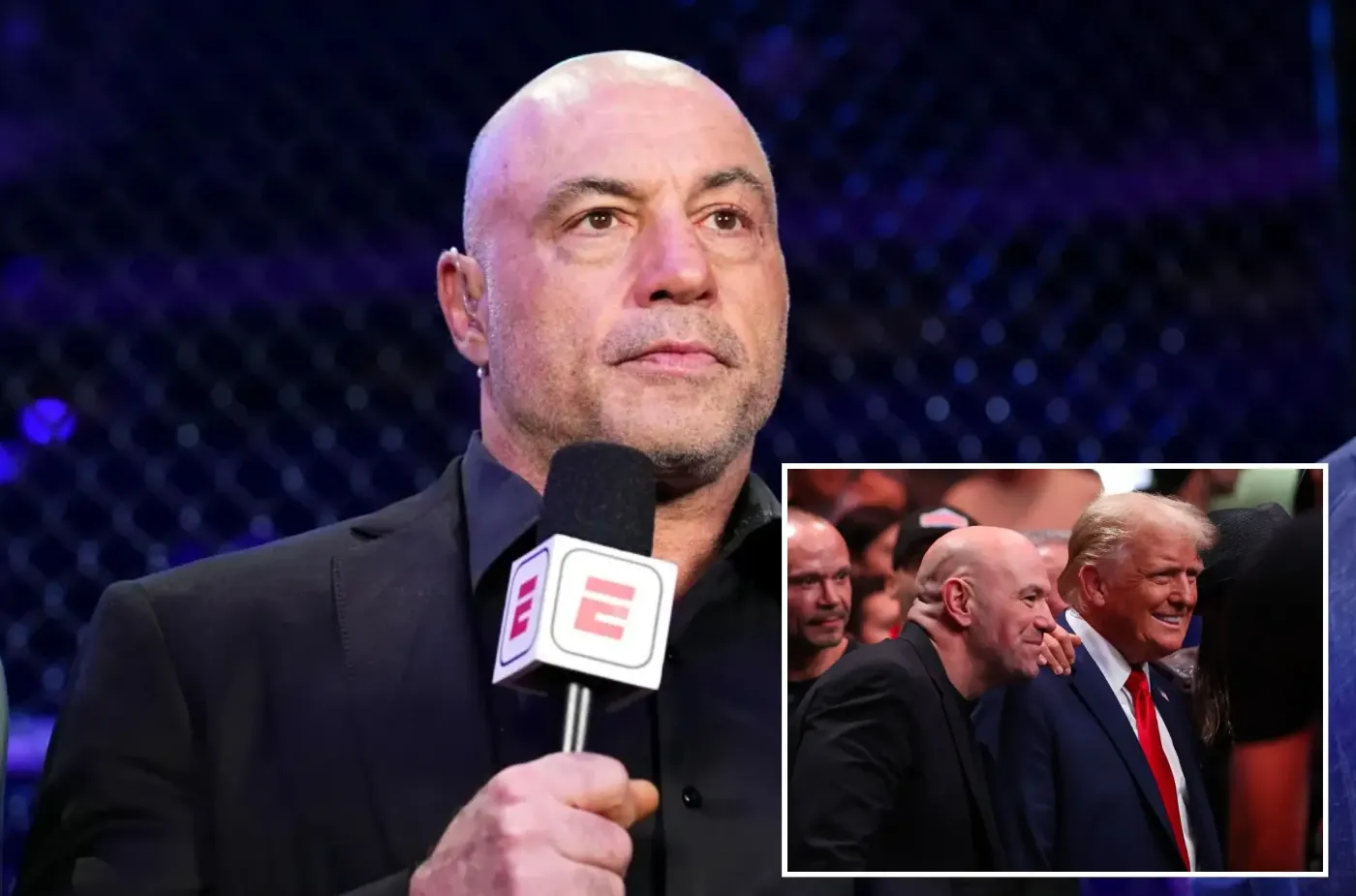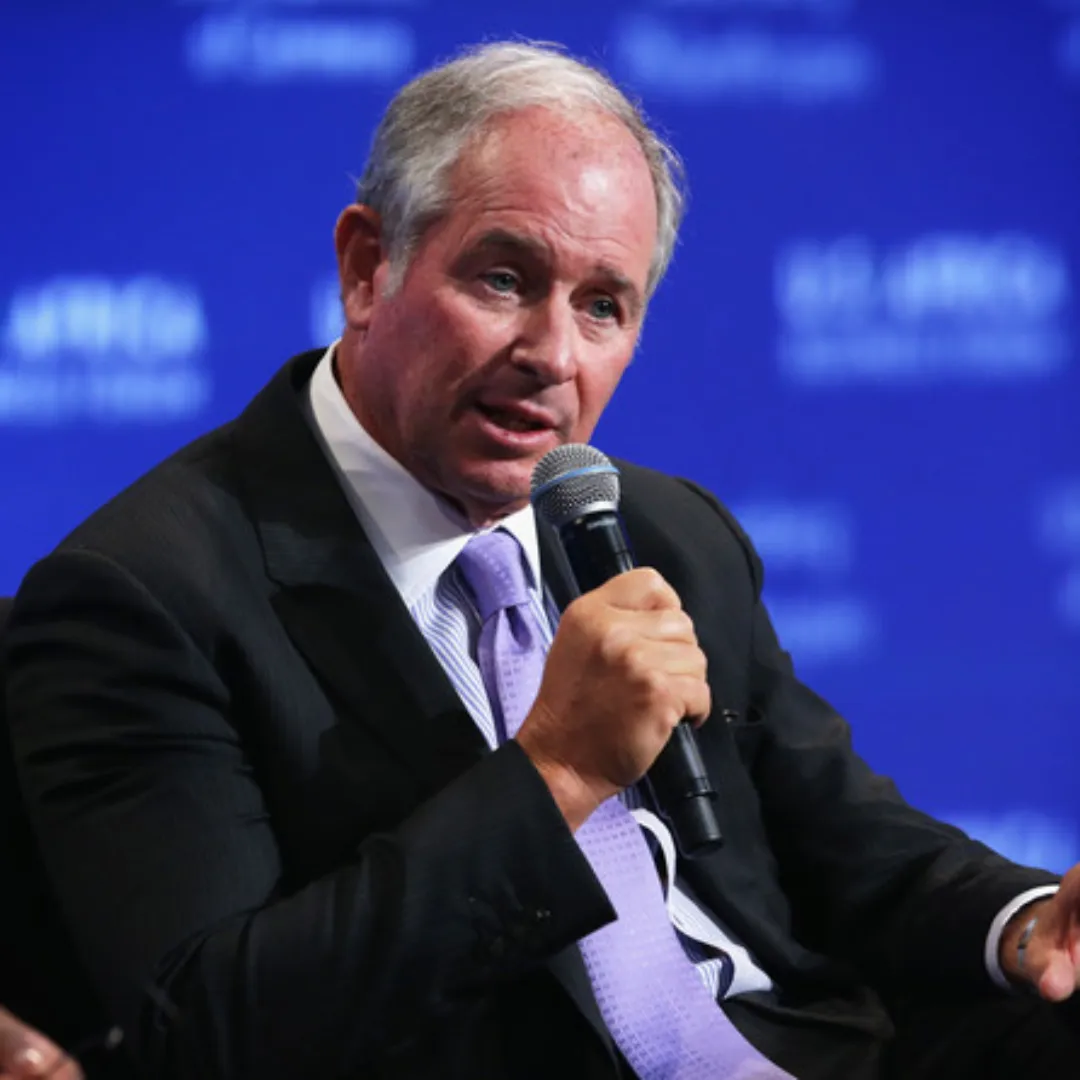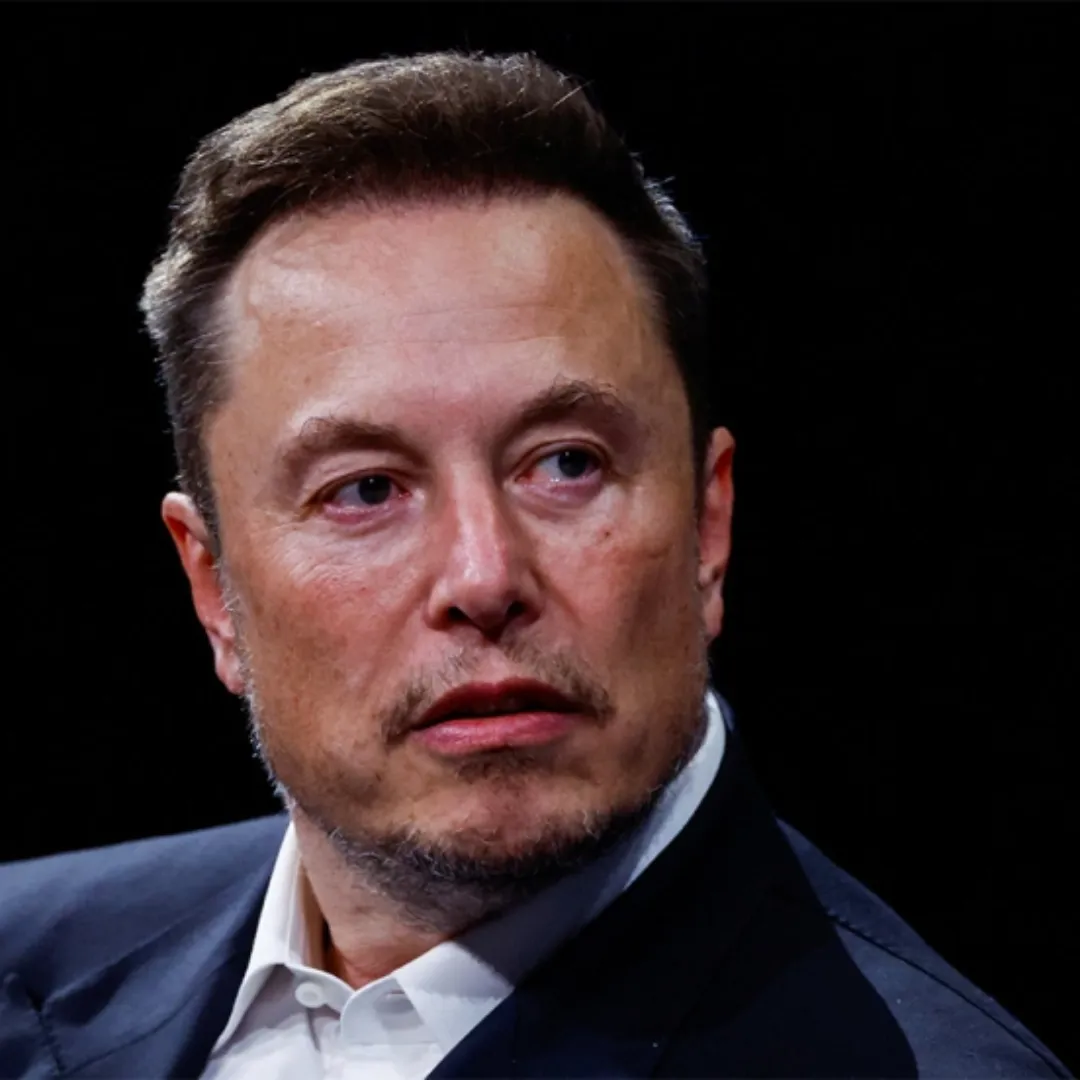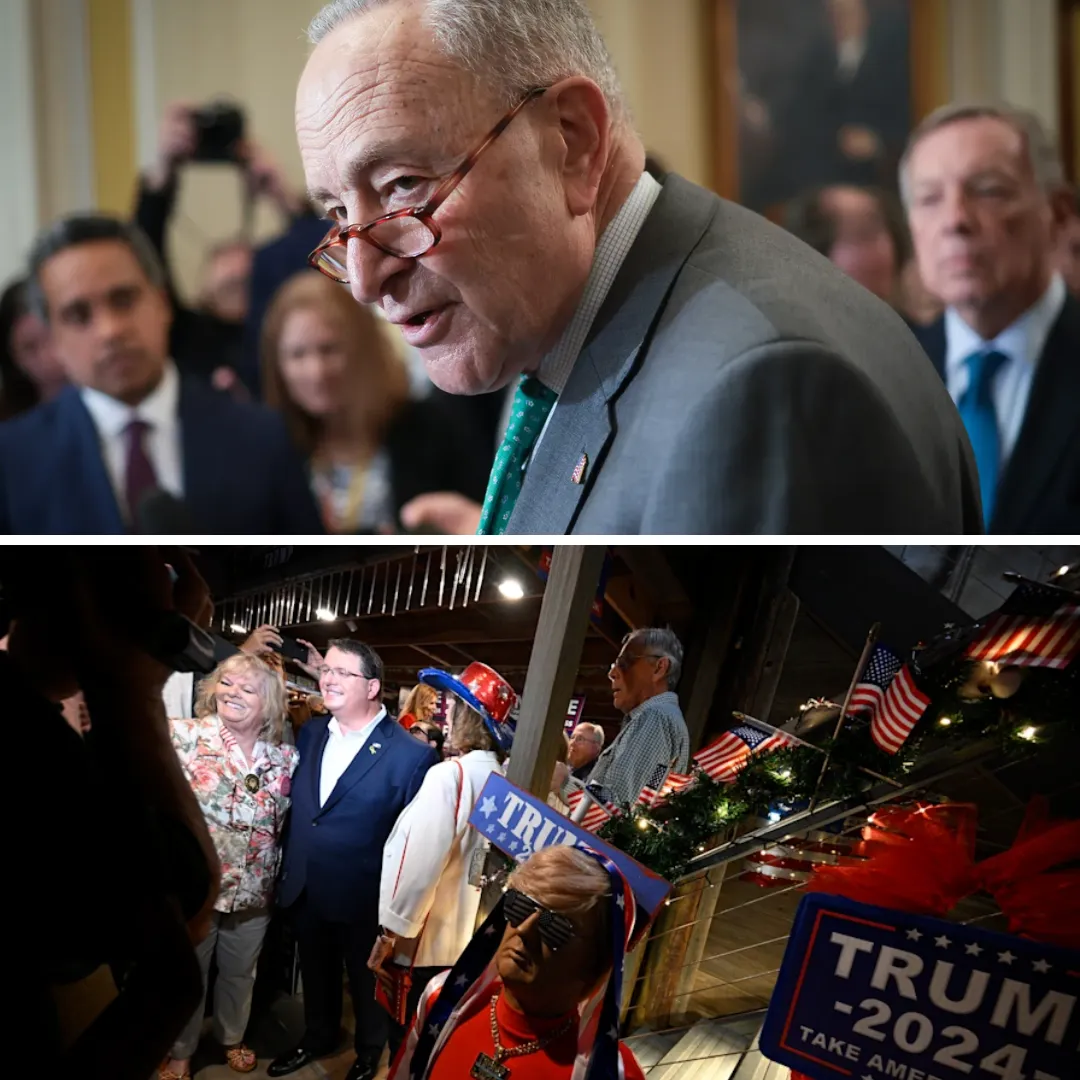Tech billionaire Elon Musk made headlines on Sunday evening when he handed out oversized $1 million checks to two attendees at a town hall event in Wisconsin. The highly-publicized giveaway, which Musk described as a strategic move to attract attention, quickly garnered significant media coverage and raised a number of legal and ethical concerns.
The stunt, in Musk's view, was far more cost-effective than purchasing the same amount of media attention through traditional advertising.
Speaking to the crowd at the town hall, Musk explained his rationale behind the large checks. "The reason for the checks is that it’s really just to get attention. It’s like, we need to get attention. And it’s somewhat inevitable when I do this, these things... it causes the legacy media to, like, kind of lose their minds, and then they’ll run it on every news channel," Musk said.
"And I’m like, I couldn’t pay them to, it would cost, like, 10 times more… to get the kind of coverage that we get," he added.
For Musk, the attention generated by his stunt is more than just a publicity stunt — it’s a calculated effort to dominate the media narrative, particularly in the context of the critical Wisconsin Supreme Court race, which could have a significant impact on the state’s judicial landscape and the broader political environment.
Musk’s promise to give away $2 million — split into two $1 million checks — was part of his larger effort to influence the upcoming Wisconsin Supreme Court race. In the lead-up to the election, Musk and his political action committee, America PAC, poured millions of dollars into supporting the conservative candidate, Judge Brad Schimel.
Musk has long been an advocate for conservative causes and has made waves in the political world for his outspoken views, including his criticism of "activist judges" and his support for policies that align with his libertarian-leaning beliefs.
At the town hall, attendees were required to sign Musk’s petition against so-called "activist judges" in order to gain entry to the event. This requirement raised red flags for some, who saw it as a thinly veiled attempt to buy votes or exert undue influence on the election.
Critics argued that the giveaway could be seen as a form of bribery, particularly given the timing of the event just days before the pivotal Supreme Court race.
“I couldn’t pay them to, it would cost, like, 10 times more… to get the kind of coverage that we get,” Musk said, suggesting that his strategy was both efficient and effective. Whether or not the giveaway was intended to buy influence or simply to create a spectacle, the media frenzy surrounding the event ensured that Musk’s message was broadcast across news outlets nationwide.

The timing and nature of Musk’s giveaway prompted immediate legal scrutiny. Wisconsin Attorney General Josh Kaul (D) filed an appeal to the state’s top court earlier in the day, urging them to block Musk from distributing the checks at his town hall.
Kaul argued that the giveaway amounted to "illegal payments" designed to buy votes, an accusation that sparked widespread debate about the ethical implications of Musk’s actions.
Kaul’s appeal was prompted by a decision earlier in the day when lower courts had refused to block the giveaway, ruling that the checks did not constitute an illegal bribe. The case drew significant attention to the issue of political influence, with many questioning whether such high-profile stunts are undermining the integrity of the political process.
Despite the legal challenges, Musk went ahead with his plans and presented the $1 million checks to two members of the audience: Nicholas Jacobs and Ekaterina Diestler.
Both recipients had signed Musk’s petition against "activist judges" in order to attend the event, and their participation in the giveaway highlighted the close intersection between Musk’s political advocacy and his public persona.
Musk’s involvement in politics has been a subject of growing interest and concern. Over the past several years, the tech billionaire has become increasingly outspoken on a variety of political issues, particularly in areas where he believes government intervention is stifling innovation.
Musk has publicly criticized policies he sees as overly restrictive and has expressed his support for candidates and causes that align with his personal and business interests.
Through his political action committee, America PAC, Musk has contributed millions of dollars to support conservative candidates and causes, particularly in the realm of judicial appointments. His support for Judge Brad Schimel, a conservative judge running for the Wisconsin Supreme Court, has raised concerns about the potential for undue influence in the judicial system.

The $2 million giveaway at the town hall was just one of the ways in which Musk has sought to influence the political landscape. His involvement in the Wisconsin race was viewed by many as an attempt to tip the scales in favor of conservative candidates, particularly as the state faces a pivotal election that could shift the balance of power on the state’s highest court.
The public reaction to Musk’s giveaway was immediate and intense. Social media platforms were abuzz with reactions to the spectacle, with many praising Musk for his boldness and others accusing him of attempting to manipulate the political process.
News outlets quickly picked up the story, ensuring that Musk’s actions were broadcast across the country.
For Musk, the media coverage was precisely the point. He has long been known for his ability to generate headlines and capture the public’s attention, whether through his ventures at Tesla and SpaceX or his increasingly prominent role in the political sphere.
In this case, the $1 million checks were just another tool in his arsenal to dominate the media narrative and make his voice heard in a crowded political landscape.
“The reason for the checks is that it’s really just to get attention,” Musk explained. “It’s like, we need to get attention. And it’s somewhat inevitable when I do this, these things… it causes the legacy media to, like, kind of lose their minds, and then they’ll run it on every news channel.”
Whether or not Musk’s actions were intended as a form of political manipulation, it is clear that the giveaway generated the kind of attention Musk was hoping for. Whether it was through headlines or social media discussions, Musk ensured that his message was heard loud and clear.
The Wisconsin Supreme Court race is one of the most high-stakes elections in the country this year. With control of the state’s highest court up for grabs, the election could have far-reaching implications for a variety of political issues, including redistricting, abortion rights, and other key legal battles.
Musk’s involvement in the race is seen as part of a larger effort by conservative forces to maintain control over the judicial system in Wisconsin. The conservative agenda has been a major force in the state for years, and the outcome of the Supreme Court race could significantly alter the direction of the state’s legal landscape.
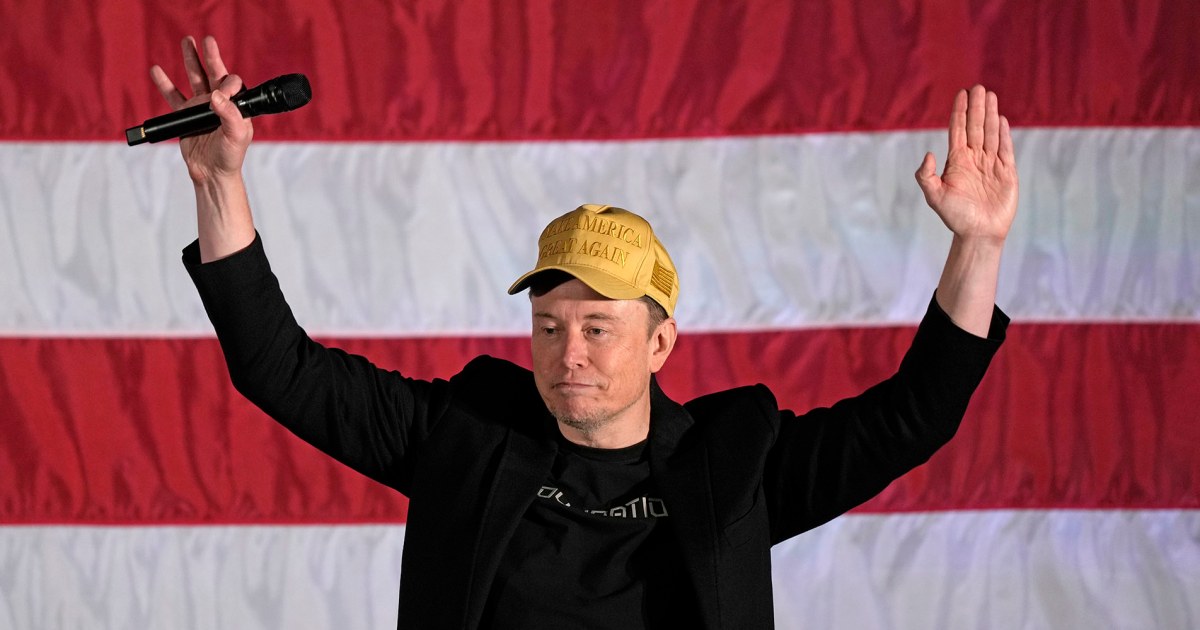
As Musk’s political influence continues to grow, his actions in Wisconsin are a reminder of the growing power of tech billionaires in American politics. Whether through direct financial contributions, media stunts, or public endorsements, figures like Musk are increasingly shaping the political landscape in ways that raise important questions about the influence of money and power in the democratic process.
The $2 million giveaway at Musk’s Wisconsin town hall was more than just a publicity stunt — it was a calculated move designed to generate media coverage and influence the outcome of a critical state election. The legal and ethical questions raised by Musk’s actions highlight the growing role that tech billionaires are playing in shaping American politics, and the potential for their influence to disrupt the democratic process.
As Musk’s political involvement continues to grow, it will be important to closely monitor the impact of his actions on the electoral process and the integrity of American democracy.
Whether or not the Wisconsin Supreme Court race is ultimately swayed by Musk’s efforts remains to be seen, but his latest stunt has certainly added fuel to the fire of an already contentious political season.
